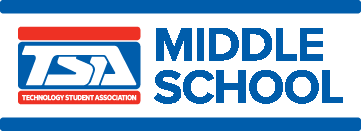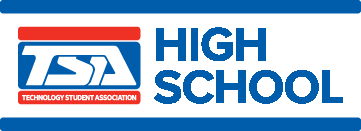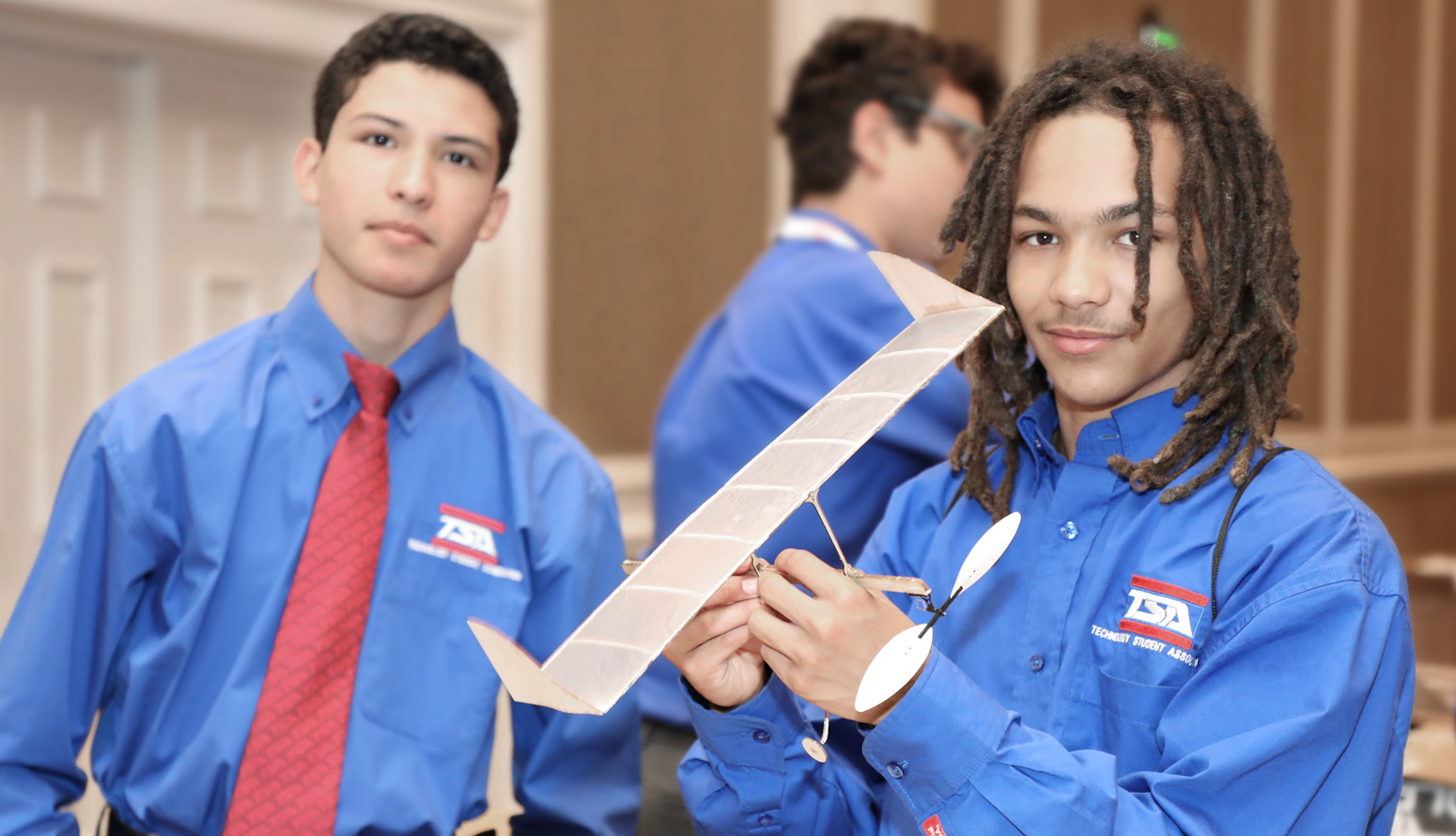
TSA offers 36 middle school competitions. Click on a category below to view a list of TSA middle school competitions and their summary descriptions in that category.
Digital Photography
Participants produce and submit a digital photographic portfolio that relates to the annual theme. Semifinalists participate in an onsite photographic challenge and a presentation/interview.
Dragster
Participants design, draw, and construct a CO2-powered dragster that adheres to the annual specifications, design and documentation requirements, and theme. Semifinalists participate in an interview and compete in a double-elimination race.
Drone Challenge (UAV)
Teams study the principles of flight and research the use of drones to address an annual theme. They demonstrate their knowledge of drones in manual flight missions and create a documentation portfolio. Semifinalists participate in an onsite interview.
Electrical Applications
Participants take a test on basic electrical and electronic theory. In response to an onsite challenge, semifinalists assemble a specified circuit from a schematic diagram, make required electrical measurements, and explain their solution in an interview.
Flight
Participants submit a documentation portfolio and fabricate a glider designed to stay in flight for the greatest elapsed time. Semifinalists use their technical drawing skills to construct a glider that is flown onsite.
Forensic Technology
Participants take a test of basic forensic science theory to qualify for the semifinal round of competition. Semifinalists participate in an onsite forensic skills demonstration.

TSA offers 36 middle school competitions. Click on a category below to view a list of TSA middle school competitions and their summary descriptions in that category.
Biotechnology Design
Participants select a contemporary biotechnology problem that addresses the annual theme and demonstrates understanding of the topic through documented research, the development of a solution, a display (including an optional model or prototype), and an effective multimedia presentation. Semifinalists deliver a presentation and participate in an interview.
Forensic Science
Participants take a test of basic forensic science to qualify for the semifinal round of competition. Semifinalists examine a mock crime scene and demonstrate their knowledge of forensic science through crime scene analysis, with the findings synthesized in a written report/analysis.
System Control Technology
Participants develop a solution to a problem (typically one from an industrial setting) presented onsite at the conference. They analyze the problem, build a computer-controlled mechanical model, program the model, demonstrate the programming and mechanical features of the model-solution in an interview, and provide instructions for evaluators to operate the model.
